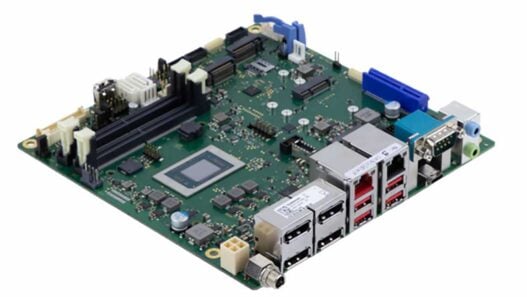https://www.youtube.com/watch?v=Qj4ymzTNwDw
Texas Instruments 3D Time of Flight Imaging Solutions
Dan demonstrates how TI is changing the way we interact with machines with its new 3D Time of Flight technology. Control applications with finger tracking and simple gestures – without having to touch a mouse or keyboard.













